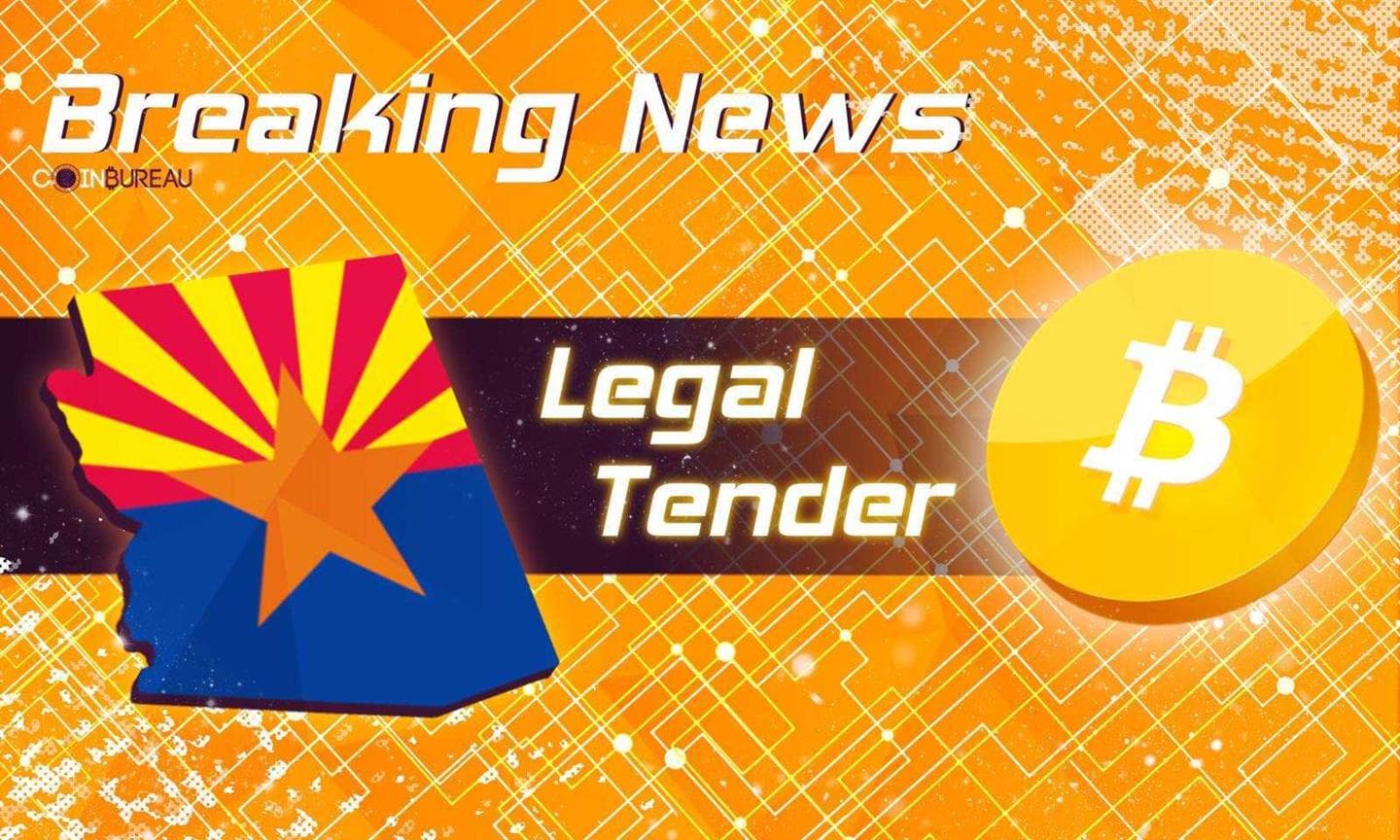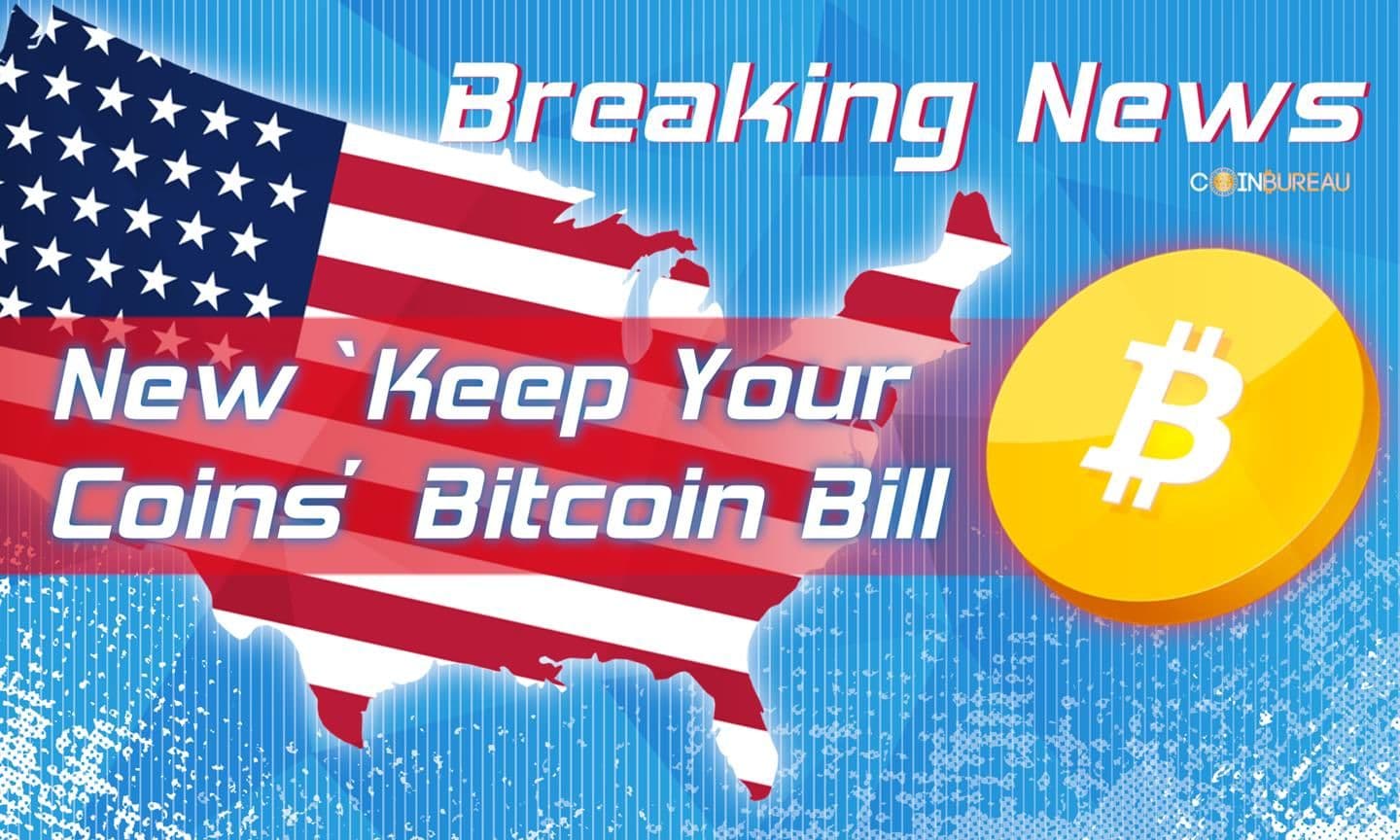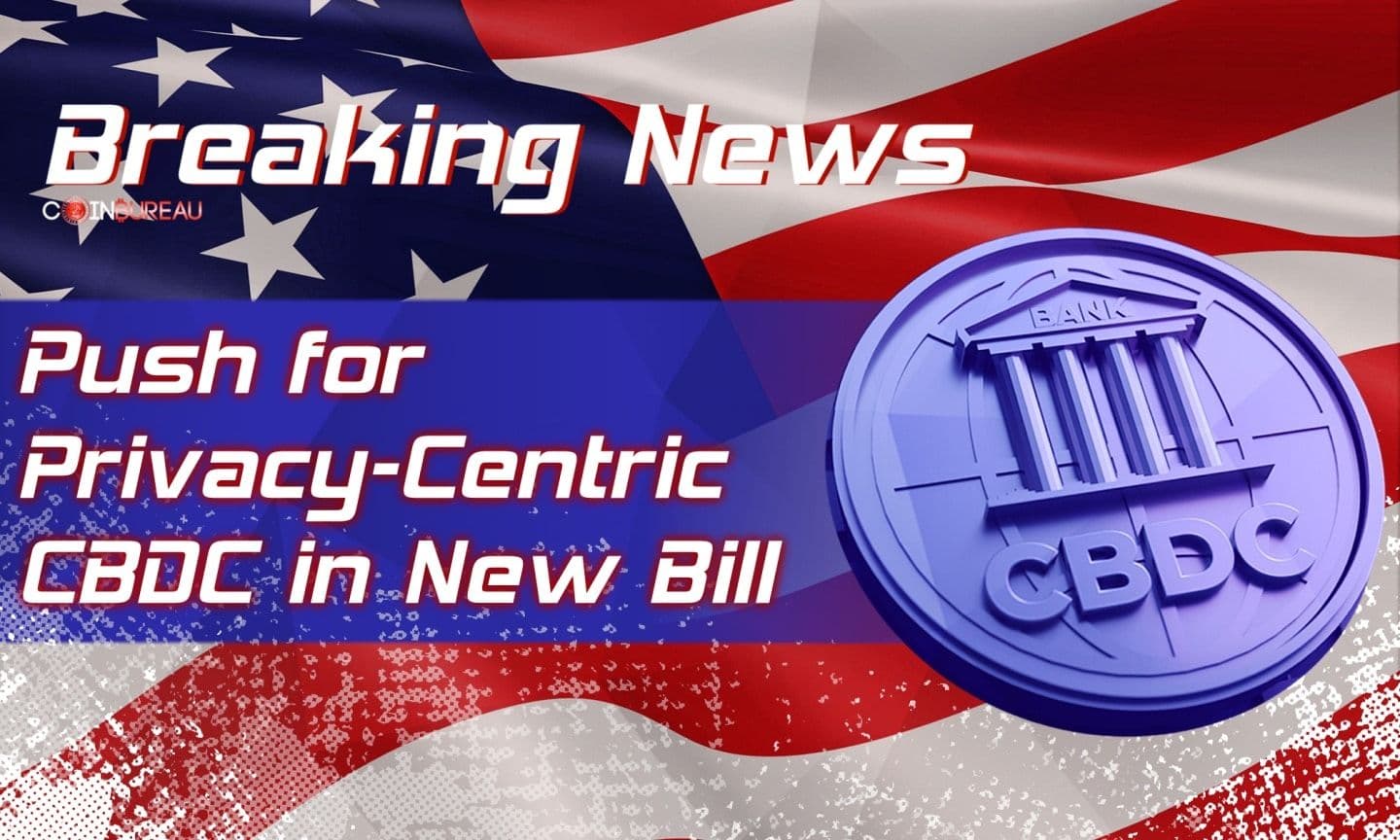Texas senator and crypto advocate Ted Cruz has introduced a bill that would prohibit the Federal Reserve from offering certain products and services, including a central bank digital currency (CBDC).
‘No Federal reserve bank may offer products or services directly to an individual, maintain an account on behalf of an individual, or issue a central bank digital currency directly to an individual,” the bill states.
The bill, which was originally introduced by Minnesota Representative Tom Emmer, is allowed to be considered by Congress under Cruz’s motion.
“As other countries, like China, develop CBDCs that fundamentally omit the benefits and protections of cash, it is more important than ever to ensure the United States’ digital currency policy protects financial privacy, maintains the dollar’s dominance, and cultivates innovation. CBDCs that fail to adhere to these three basic principles could enable an entity like the Federal Reserve to mobilize itself into a retail bank, collect personally identifiable information on users, and track their transactions indefinitely,” Emmer said in a statement.
“Not only would this CBDC model centralize Americans’ financial information, leaving it vulnerable to attack, but it could also be used as a surveillance tool that Americans should never tolerate from their own government.”
 Image via Shutterstock
Image via Shutterstock
The lawmaker said that forcing people to open up an account at the Federal Reserve in order to access a USD digital currency would put the Fed on an “insidious path akin to China’s digital authoritarianism.”
The proposed bill comes following another bill put forth by Reps. Stephen Lynch (D-Mass.), Jesús Chuy Garcia (D-Ill.), Ayanna Pressley (D-Mass.) and Rashida Tlaib (D-Mich), which advocates for the creation of a privacy-centric digital USD called “eCash.”
“Instead, it would be purely peer-to-peer, capable of offline transactions, and able to be held and used completely anonymously, like physical cash is today,” explained Rohan Grey, a professor from Willamette University who consulted on the bill.
“We don’t require people to have an ID for cash,” said Grey. “Why should we require them to have an ID for digital cash?”





